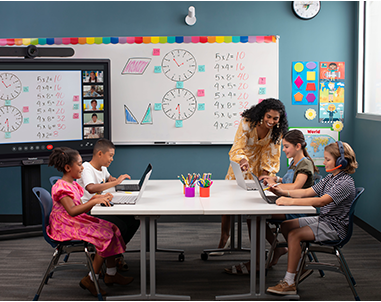In today’s fast-changing world, digital literacy has become just as essential as reading and writing. As technology continues to shape the way we live, work, and learn, understanding how to use digital tools responsibly and effectively is more important than ever.
What Is Digital Literacy?
Digital literacy goes beyond knowing how to use a computer or browse the internet. It includes the ability to find, evaluate, create, and communicate information using digital platforms. This skill set also involves understanding online safety, practicing respectful communication, and recognizing reliable digital sources.
Why It Matters in Everyday Life
From applying for jobs to attending virtual classes, daily tasks now require digital fluency. Students are expected to complete assignments online, while many adults rely on digital platforms for managing finances, healthcare, and social connections. Without digital literacy, individuals may struggle to fully participate in society.
Preparing Students for the Future
In classrooms around the world, educators are incorporating digital learning into their lesson plans. Teaching students how to use digital tools for research, collaboration, and creativity not only prepares them for academic success but also helps them build confidence for the future job market.
Building Responsible Digital Citizens
Digital literacy also includes knowing how to navigate the online world safely and respectfully. This means understanding privacy settings, avoiding misinformation, and practicing kindness in online spaces. Promoting these habits helps create a positive and supportive digital environment for everyone.
Bridging the Digital Skills Gap
As industries increasingly adopt digital tools, the demand for workers with tech-savvy skills is growing. Communities that invest in digital education ensure that people of all ages can thrive in a digital world, helping close the opportunity gap and support economic growth.
How Families and Communities Can Help
Parents, caregivers, and local organizations can play a key role in boosting digital literacy. Whether through public library programs, community workshops, or home discussions, everyone can contribute to building strong digital skills at any age.
Looking Ahead
Digital literacy is not just a trend—it’s a lifelong skill. As technology evolves, so will the ways we use it. By embracing digital learning now, individuals and communities can stay informed, empowered, and connected.














